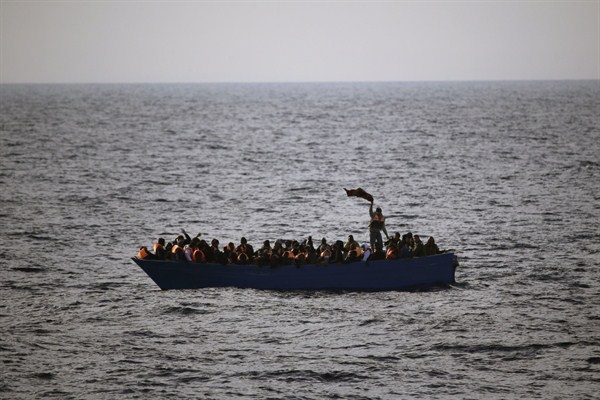Some of the most compelling dramas about the effects of globalization are playing out in the Mediterranean basin today. This is understandable given the region’s position, where the worlds of the North and South intersect, quite tragically in recent years. But three distinct zones of the Mediterranean show quite different coping mechanisms with respect to three major global challenges: migration, terrorism and economic interdependence.
Throughout history, the Mediterranean has been a crossroad of cultural interaction between great empires and civilizations. Resources, people and ideas have moved from South to North, and back again, creating the great multicultural cities of Venice and Alexandria, to name just two. In the fast-paced 21st century, however, the movement of people from Africa and the Middle East toward Europe has threatened domestic cohesion in some key states on the northern littoral of the sea. Terrorism, which is correlated with but not necessarily caused by the human migration, adds to the negative dynamic.
Europeans for several decades have tried to come up with a positive agenda for interaction with the southern rim of the Mediterranean, one that would create conditions for more stability and growth there so as to lessen demand to migrate north. The various initiatives, from the European Union’s Barcelona Process to NATO’s Mediterranean Dialogue to France’s stillborn Union of the Mediterranean, have foundered due to the lack of political will and resources from the North, and the enduring weaknesses of the states on the southern rim.

